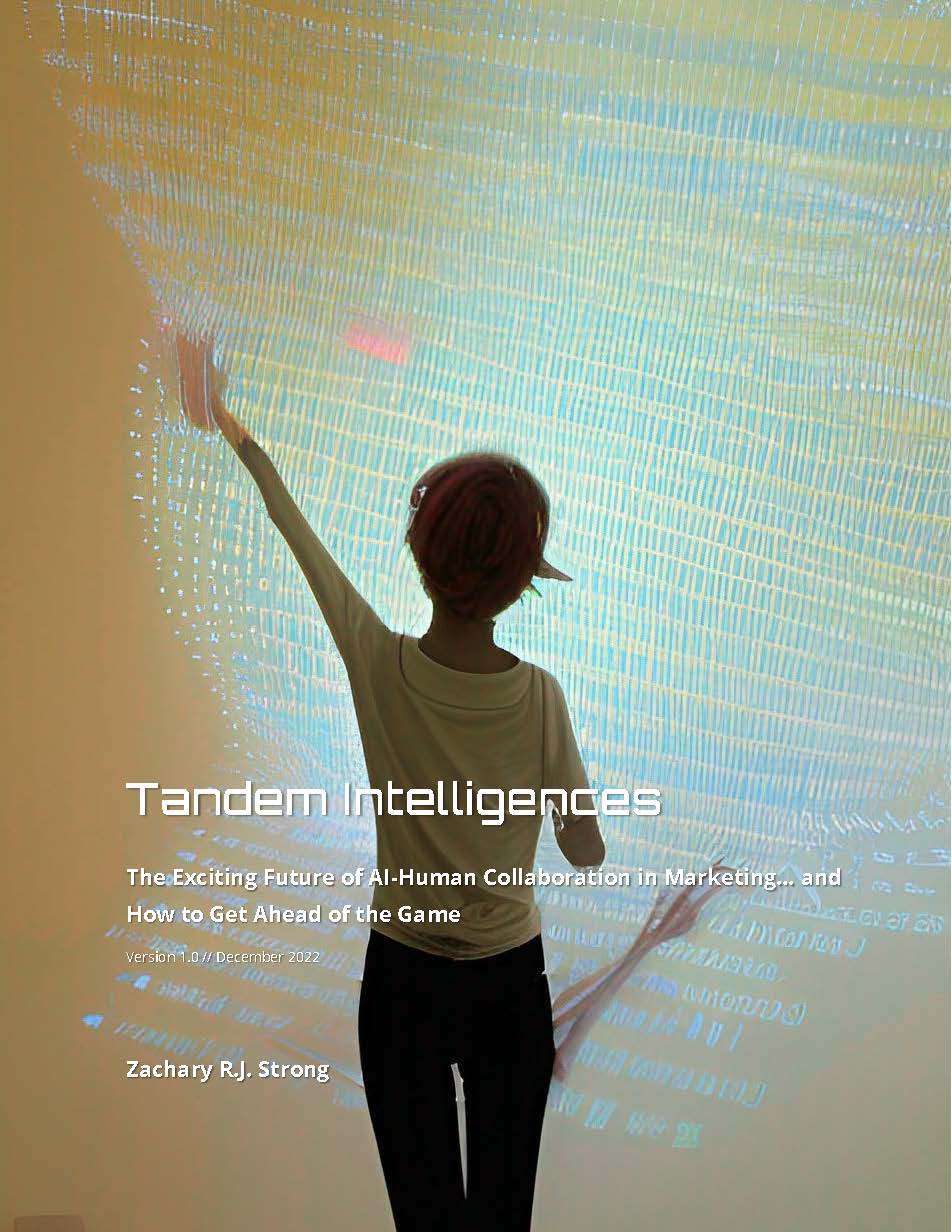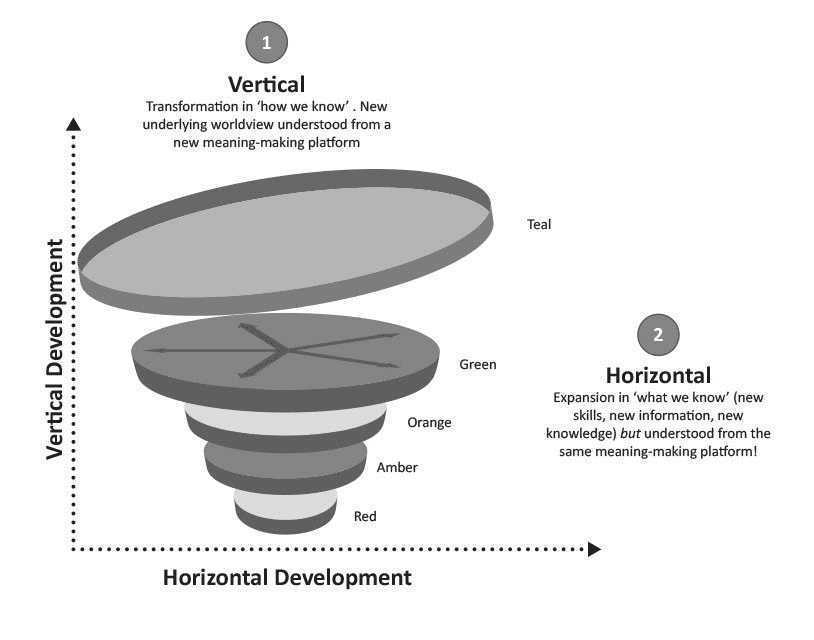What is Your True Potential?
“It looks as if there were a single ultimate goal for mankind, a far goal toward which all persons strive. This is called variously by different authors self-actualization, self-realization, integration, psychological health, individuation, autonomy, creativity, productivity, but they all agree that this amounts to realizing the potentialities of the person, that is to say, becoming fully human, everything that person can be.” ― Abraham Maslow
1. The Stages of Adult Development
Over the past several decades, researchers in many fields have discovered that human nature is very different than what earlier psychologists assumed. Although it was originally thought that people’s way of thinking remained mostly the same after they reached adulthood, pioneering research beginning in the 1960s discovered that there are stages of adult development with different thinking styles and ways of solving problems.
More research revealed that later stages offer not just new thinking styles, but new skills, broader perspectives, and even better relationship skills. Unfortunately, it was also discovered that most people in Western society are operating far below their full potential.
What would it mean for you if you could navigate difficult issues in relationships with grace? How would your life changed if you were finally as “strategic” as upper management wanted you to be? What if you were able to finally understand some of the paradoxes of life at a deeper level?
All of this is possible, and many of the tools you’ll need are now available for free.
2. The Secrets of Accelerated Development
Most education today is focused on "horizontal development" – new information and skills. If you were to think about your brain like a computer, this would be like downloading some data from the internet and storing it in your memory banks.
On the other hand, developing along the “vertical” axis is like upgrading your brain’s operating system. Your entire way of processing information changes, as well as many of the “programs” you might use to solve problems at work and in life. This kind of development is difficult to create in a school environment, because it requires some specific things to happen:
- First, someone must have a “disorienting dilemma” – a problem that they cannot solve at their current level of development. Perhaps someone at the “expert” level gets promoted to manager and has to start acting like more of an “achiever” or “pluralist”.
- Second, they need to be exposed to new information that offers some missing puzzle pieces to their problem. This could be in the form of books, articles, podcasts, and other media that is rich in high-quality information. This new information may also come in the form of support from colleagues and friends.
- Third, they must have access to someone with a new perspective that they need to get to the next level of development. For many people, this can be a coach, therapist, or mentor, and sometimes a trusted family member like a grandparent or a community figure such as an elder or religious leader. This person offers both affirmation and gentle challenges to support growth.
Aside from school systems being ineffective, one of the main reasons that many people are not at a higher stage of development is because they lacked (or lack) access to resources like mentors, coaches, and good book recommendations. These kinds of things are what help people develop new perspectives from their “heat experiences” and grow vertically.
So how can this be made easy and accessible, especially in the 2020s economy?
3. How to Get Started Today
Since 2014, I’ve been prototyping, managing, and launching scalable development opportunities that are based on the best research available, as well as conducting some research of my own to link vertical development with fields like expert performance, wisdom, and neuroscience.
One of the things I’ve uncovered is that guided journaling can be used to help people reflect deeply in the absence of coaching and therapy… and is a lot less expensive. These are a few of the solutions I've designed so far:
I also have a YouTube course called RE:HUMAN that will give you a ton of new mental technologies that you can use to gain perspective on yourself, your challenges, and your life story.
If you’re curious about the nuts and bolts of the theories, I explore these issues in my book Fundamentals of Integrity Psychology – this is one of the most fun books I’ve written and I’ve heard it’s both enjoyable and informative.
4. Becoming Superhuman Too?
One of the founders of media theory, Marshall McLuhan, observed that media and technology functions as an extension of the human body and mind. Cuneiform writing, for example, gave the ancient Mesopotamians the ability to remember details of transactions and taxation, setting the psycho-material foundation for the age of empires.
“All media are extensions of some human faculty- psychic or physical... With the arrival of electric technology, man has extended, or set outside himself, a live model of the central nervous system itself.” ― Marshall McLuhan
Today's technologies are no less significant than early innovations like writing. In particular, the phenomenon of humans working together with artificial intelligences is something I call a "tandem intelligence" – a pair of intelligences working together to accomplish a common goal that each would struggle to complete alone.
In many ways, most of us operate as a “tandem intelligence” in some situations – honey, where did I leave my keys again? But, the difference with digital intelligence and modern computing is that we can now complete many tasks so quickly, and so accurately, that our “human” capabilities are now only limited by our imagination and our ability to interface with machines.
But, if things like coding and graphic design are so easy now, where do humans fit in? I discuss this in my free guidebook Tandem Intelligences, which also shows you how to use some of the newest AI tools available.

Tandem Intelligences: The Exciting Future of AI-Human Collaboration
Free Guide - AI, Productivity, Marketing, Creativity
As artificial intelligence becomes more sophisticated, more companies are using it to augment the capabilities of their workforce, allowing them to complete tasks faster, smarter, and better than they could manage alone. What does this mean for white-collar workers and creative professionals, and what new skills do we all need to learn to stay competitive?
5. Souls After All?
Alright, here’s the really wild part of my research.
As part of my grand research project, I was reading the Christian Bible in conjunction with two tremendously dense texts about psychology and neuroscience. After a bunch of puzzle pieces fit together in my head one morning, I had a two-day religious experience which seems to be described by Orthodox Christians as a ‘Baptism of Fire and Tears’.
This powerful experience catalyzed a voracious search into the truth claims of Buddhism, Sikhism, Islam, Christianity, and eventually Orthodox Judaism – the only religion that satisfies my skepticism as an engineering physics graduate and philosopher.
And, in the process of trying (and failing) to find holes and cracks in the Orthodox Jewish faith claims, I managed to produce some new information in support of those claims, including:
- Discovering a major omission in the Lower Egyptian carbon-14 literature (YouTube)
- Productively disputing the notion that our universe is an isolated system (YouTube)
- Corroborating Jewish scholarship on the Genesis creation narrative (YouTube)
- Leveraging powerful discoveries in neuroscience to refine “simulation theory” (YouTube)
- Tentatively connecting verses in Genesis 1 to the creation of Earth’s magnetosphere
In conjunction with the many Near-Death Experiences that have been reported, and the amount of agreement between the different unique accounts of the spiritual worlds, it seems safe to conclude that we are spiritual beings having a human experience after all... and that everything that has happened and will happen is for our growth and development.
For more information and summaries of the evidence, you can look at my Spirituality page. If you are interested to learn more about how you can grow spiritually, my best recommendations are Chabad.org and Rabbi Pinchas Taylor’s “The Ark” program (not an affiliate). I also have written a guided journal called Soul Sparks which is available on Amazon.

